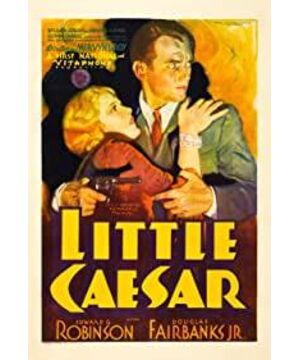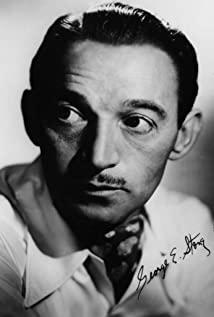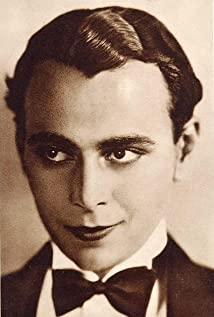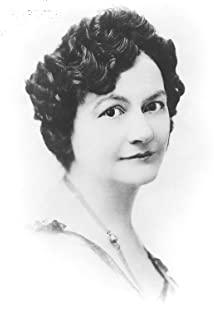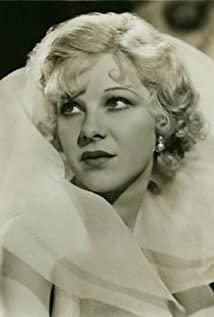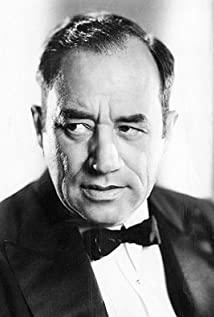In the movie, the relationship between RICO and Joe, a man who debuted at the same time as him, but later returned to the right path, was also a topic of controversy in the movie. There is absolutely no romantic story about Rico in the movie. Except for gang crimes, it only focuses on him. The friendship with Joe, when Rico ascended to the head of the underworld and glorified the Quartet, in order to make Joe come back to him, he urged Joe to leave his girlfriend and return to the underworld, and even took out a gun to threaten him. turn against each other. Although the subsequent gangster films are also happy to show the love between men, but in this film, RICO also objected to Joe and his girlfriend being together, which makes people feel that RICO's feelings for Joe have a little "exclusivity" between lovers. The "loyal and chivalrous" feelings between men who have been tried and tested in the follow-up movies have disappeared. Instead, the movie shows a kind of homosexual feeling, while RICO in the novel is a complete heterosexual. To this end, Burnett, the original author of the novel, even wrote a letter to the production unit to protest.
It is also worth mentioning the scene in the film when RICO shoots the head of the crime committee at a dinner party. Due to the limitations of the shooting equipment at the time, the shooting of this scene needs to be switched between multiple scenes, but the film has simplified this. Handling, without the complicated scene scheduling that made Renoir unattainable back then, the director replaced it by alternately splicing multiple clips of short shots and close-ups. Instead, this kind of handling has a lot of dexterity, which makes people watch. It's interesting.
On the whole, this movie is like a sketch in a gangster movie. In some places, the handling and plot performance are still slightly sketchy. Its advantage lies in the successful shaping of RICO's character and image. Edward Luo Binns was a fledgling and played the protagonist RICO. His performance didn't feel much inked but was very accurate. Even for someone like me, whose facial recognition ability is not up to standard, Edward Robbins' face and performance impressed me deeply and lingered for a long time. In my head--thinking about his honesty in Fritz Lang's "Blood Streets," the difference is embarrassing. This film was selected in the 2008 AFI's TOP10 gangster films, ranking ninth, and Edward Robbins' performance should have contributed.
View more about Little Caesar reviews


